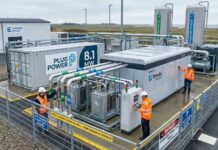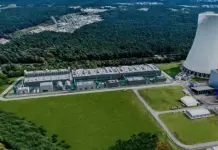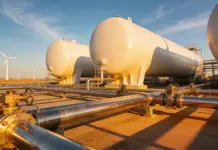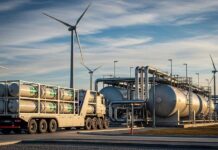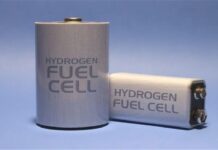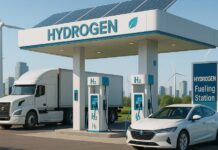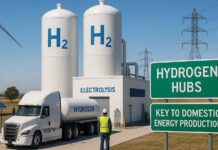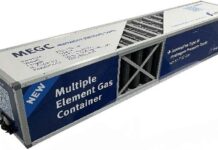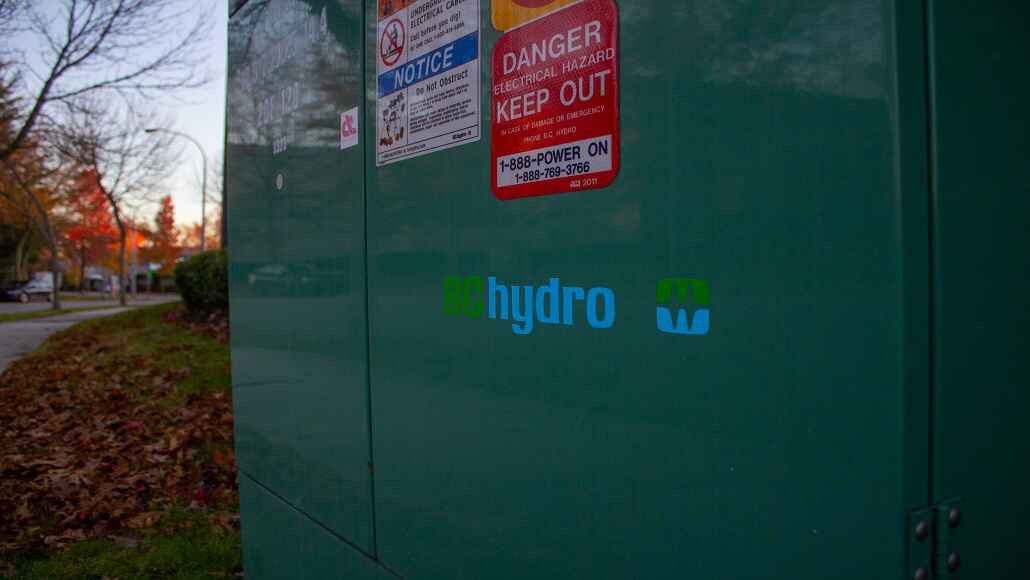Hydrogen hubs are created with the intent to test, develop, and demonstrate technologies that are needed to lessen the emissions intensity when it comes to hydrogen production, and the regional clean hydrogen hubs program Is indeed at a crucial moment.
In spite of the significant growth and support, as well as investment, that is seen in the seven selected hydrogen hubs, there have been reports that the Trump administration is looking to go ahead with significant cuts for clean energy projects, which include the hubs, since the new administration reviews the present federal grant programs. These cuts would, in a way, harm the regional economies throughout the US and would be antithetical to the administration’s targeted goals in order to throttle the domestic energy production in the US along with the competitiveness of the country.
It is estimated that hydrogen hubs may create good-paying jobs throughout the US
Since the time the hydrogen hubs were announced, they have gone on to catalyze the economic opportunities throughout their respective regions, wherever they are, thereby attracting private sector investments and also coming up with high paying jobs. it is well to be noted that all put together the seven hubs are anticipated to create innumerable jobs across construction and operation. This will be in addition to retaining skilled labour and jobs within the energy sector, which is going to be sustained by way of energy transition. A very broad array of stakeholders, which includes academia, government, transportation, industry, utilities, labor and workforce, as well as infrastructure have gone on to take note of the economic advantages.
The range of partners goes on to indicate the significant effect each hub has on not just the local economies within the states in which they are located, but also their neighboring regions, which are going to benefit from the ripple effects of the economy.
Hydrogen hubs will throttle the domestic clean hydrogen production and will help the competitiveness of US
Apart from driving local economic progress, the hydrogen hubs are going to throttle the domestic clean hydrogen market and also keep the US competitive within the hydrogen market throughout the world.
The benefits, which are well in sync with the Trump administration:
Broaden all kinds of dependable and cost-effective domestic energy production in the US
Hydrogen does not have to be excluded from all kinds of approach when it comes to domestic energy production in the US. It can be produced through many varied pathways that are dependable as well as affordable. This includes natural gas with carbon capture, biomass, nuclear energy, as well as renewable energy, with the cost consistently decreasing. In addition to this, hydrogen is already a major component when it comes to existing industrial processes and happens to be an important feedstock for an array of transportation fuels.
Elevate private sector investment
The private sector is indeed bent on investing in hydrogen production. This is evidenced by the kind of private sector dollars – tens of billions already contributing to the project—that are affiliated with hydrogen hubs, and this clearly goes to show the trajectory of hydrogen, which has become a very important energy carrier of the future.
Let the economy progress
It is well to be noted that hydrogen hubs are anticipated to come up with an estimated 334280 jobs which are good paying. The fact is that these jobs, as well as other economic benefits within the hubs, will affect states that happen to host affiliated as well as neighboring states along with regions. In addition, promoting the domestic hydrogen economy also positions the country as a global leader when it comes to hydrogen production as well as innovative technologies, which could very well lead to throttling the economy by way of exports of various supply chain technologies along with hydrogen-derived products and fuels.
De-risking the energy supply chains
By way of building a very strong US hydrogen economy, hydrogen hub programmes aim to promote deployment, research, development, as well as production of technologies which are innovative and, by the way, are needed along the hydrogen supply chain. Developing these kinds of supply chains in a domestic scenario is going to risk the energy production and will indeed give the US a cutting edge in terms of global technology.
Push the domestic manufacturing
By way of growing hubs along with hydrogen economy enables the domestic manufacturing in an array of industries, such as long-haul transportation, along with the production and refining of steel, glass, cement, chemicals, and electrolytes. The hubs are going to generate hydrogen needed for these kinds of processes and also guarantee the offtakers, thereby building out the domestic supply chain by way of stimulating supply as well as demand.
All the selected hubs are indeed essential when it comes to a strong hydrogen network, which goes on to deliver on domestic manufacturing as well as energy production
Coming up with a large network of hydrogen producers along with end users goes on to increase every individual hub’s likelihood of success through creating a much larger customer base for the producers along with a more widespread and competitive market for the end users. For instance, if hubs were developed across Chicago and Houston, the capacity to move goods between both the cities in hydrogen fuel trucks would indeed strengthen the case for hydrogen trucks purchased within those regions, which in turn would go on to benefit hydrogen truck manufacturers as well as hydrogen producers across the regions.
In order for hydrogen to become a very widely spread, traded energy commodity, the hydrogen sector has to build out regional and national as well as global networks in terms of producers and off-takers. It is well to be noted that companies are not going to invest within hydrogen fuel equipment, If The hydrogen is available only in some parts of the country. Without the widespread investment when it comes to hydrogen, the demand for hydrogen will not go up and it will remain a very niche product that gets sold in a very local way. Every hub goes on to represent a regional hydrogen ecosystem, which again is a part of a larger national network of hubs, thereby bringing support within the industrial as well as transportation sectors of the country.
Due to the fact that there would be a network effect the hubs will have on one another, Even the hubs which are projected to be safe from recession are going to be in jeopardy when it comes to losing the advantages of a national network If other hubs get cancelled. Cutting the investment from any kind of portion of the hydrogen hubs program will indeed hinder a very strong domestic hydrogen economy along with the development of individual hubs.
Hydrogen hubs can go ahead and expand energy production and, along with it, support all of the above energy strategies
It is well to be noted that the Congress should not impair the very thoughtfully expanded energy production, especially given its own and administration support when it comes to expanding all kinds of reliable and affordable domestic energy production in the US.
Hydrogen happens to be a very significant energy carrier for the future, especially when we talk about industrial and transportation sectors as the global market transitions when it comes to innovative energy sources, feedstocks, and fuels. Adopting a robust regional hydrogen hubs plan is indeed a very sound and all-of-the-above energy policy.
It is worth noting that the US is very well positioned to become a world leader when it comes to hydrogen production and also hydrogen end-use technology development. The fact is that the US can very well become the leading high-volume, low-cost, low-carbon hydrogen producer by leveraging its robust competitive advantage when it comes to the supply of major feedstocks – especially both renewable and natural gas, present infrastructure, which is pipelines in the Gulf Coast, and also carbon sequestration technology and capacity.
Along with this, there would be varied global markets as well as applications that will favor varied hydrogen production pathways, and hence the US will benefit by building out a mix of hydrogen production pathways as well as technologies. For instance, an ammonia fuelled cargo ship, which goes to refill in the US before offloading cargo in Amsterdam, will be able to earn more compliance credit in Europe if ammonia is made by way of using renewable energy hydrogen.
The sector has already invested when it comes to hydrogen hubs, and the fact is that policy uncertainty is crucial when it comes to continued support
It is well to be noted that there are billions of dollars of private sector funds which have already got invested when it comes to hydrogen hubs and along with related projects that are based on the promises made by the federal government. The fact is that companies really do not want their investment to go to waste due to the trust-eroding policy change. The consistently continuing environment of uncertainty goes on to create fresh reasons for investors as well as the private sector to pull back from the existing commitments or postpone the additional investment within the hydrogen hubs.
So, what would be the result? The projects are being permanently delayed and in many cases getting cancelled since the private sector is not feeling comfortable operating within this kind of uncertainty, thereby putting American jobs at stake. This kind of environment is not at all incentivizing investment when it comes to the US energy economy and could as well drive the companies away from the country. It is not the time now to pull the rug out from under the investors and industry.
Federal cuts when it comes to hydrogen hubs go on to threaten US leadership along with economic growth
The fact is that the US is very well positioned in order to lead hydrogen production and also its end-use technology development, but by dismantling the hubs programs and also weakening the hydrogen hubs network, there will be a dip in the growth of the domestic hydrogen economy. Not only are these hubs a prominent part when it comes to bolstering American innovation, coming up with a hydrogen market, and pushing economic growth, but they are also having robust bipartisan support. Congress as well as the administration must go on to maintain funding as well as management support when it comes to hydration hub programs in order to preserve the jobs as well as investments that they are going to bring throughout the country and community.


